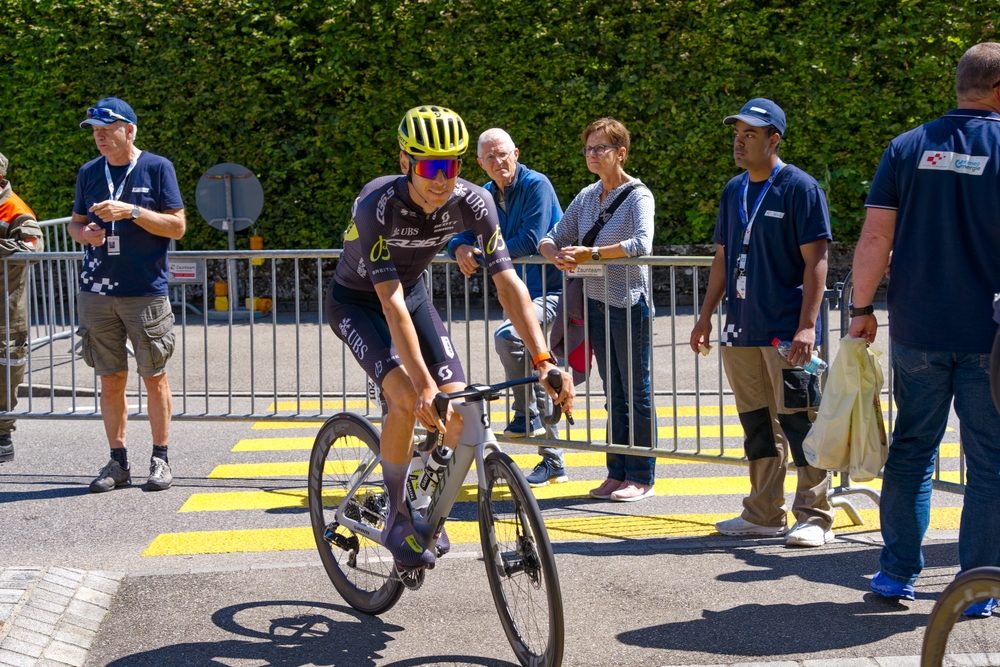
"In the high-stakes world of professional cycling, marginal gains can spell the difference between victory and defeat. For Q36.5 Pro Cycling Team, data analytics has become the team's "26th rider." This invisible but essential teammate influences everything from rider performance and recruitment to logistical planning and real-time race strategy. The team's use of data illustrates how professional sports increasingly rely on enterprise-grade technology to stay ahead of the competition."
"Q36.5 operates with 25 professional riders on the roster. Their technology platform is embedded into every aspect of the organization. The team's service course near Utrecht, Netherlands, acts as a central technology hub, coordinating global operations across 22 countries and 220 annual race days. With 23 vehicles on the road and 1,100 flights booked each season, this level of activity demands an efficient and connected infrastructure. Satellite internet with 250 Mbps download speed, made possible through Starlink, ensures continuous connectivity for data flows and communications."
"In Ryder's words, the difference between winning and losing often comes down to fractions of a second. The team's analytics ecosystem processes millions of data points to identify where improvements can be made. It's a philosophy based on the principle of marginal gains. While 90% of performance comes from effort and preparation, the final 10% consists of small but critical optimizations in training, equipment, nutrition, and mental focus. Those can truly unlock success, Ryder states."
Q36.5 uses data analytics as an integrated teammate to optimize performance, recruitment, logistics, and real-time race strategy. A technology platform is embedded across the organization, centered at a service course near Utrecht that coordinates operations across 22 countries and 220 race days annually. Operations include 23 vehicles and about 1,100 flights per season, supported by satellite internet (250 Mbps via Starlink) to enable continuous connectivity. The analytics ecosystem processes millions of data points to pursue marginal gains, where roughly 90% of performance stems from effort and preparation and the remaining 10% from small optimizations in training, equipment, nutrition, and mental focus. Wearables and smart devices monitor heart rate variability, training intensity, body weight, and sleep to manage race-day complexity.
Read at Techzine Global
Unable to calculate read time
Collection
[
|
...
]